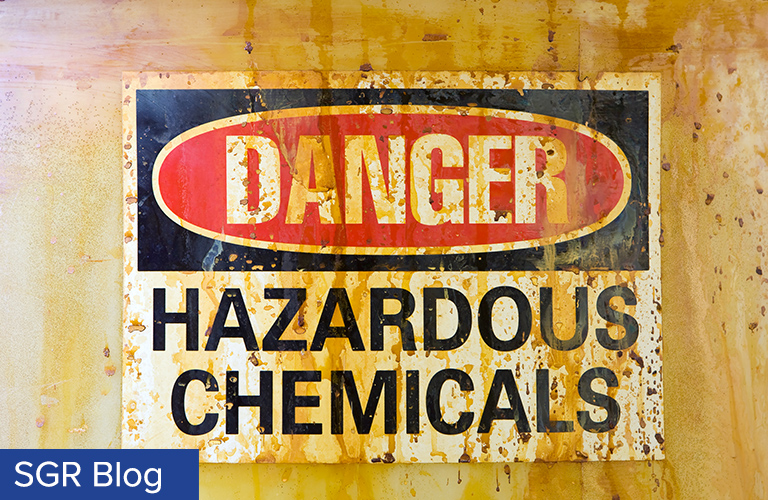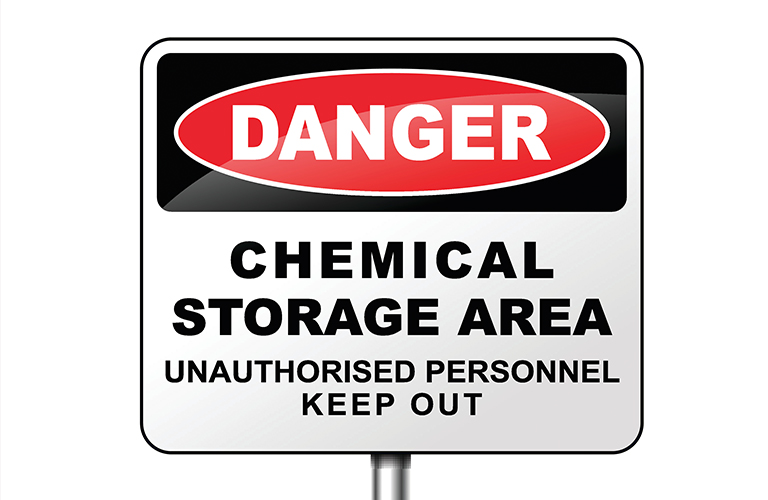
At least 22 States have had at least 97 pieces of legislation introduced in their legislatures for chemical regulation or bans, over and above regulatory actions taken by EPA under the amended Toxic Substances Control Act (TSCA). In addition to complying with chemical registration requirements on the federal level under TSCA, manufacturers, importers, and users of chemicals must also be familiar with and remain in compliance with numerous State chemical regulatory requirements. California’s labeling requirements under its Proposition 65 are only one example. For that reason, it is prudent to monitor legislative developments in State legislatures around the country that… Read more




